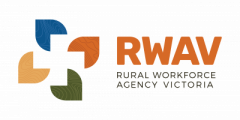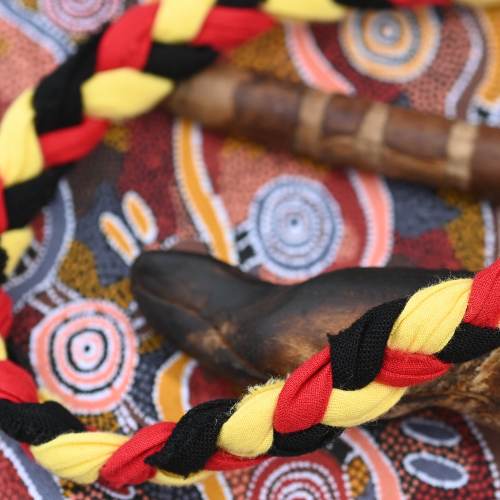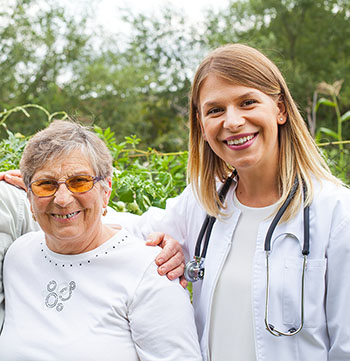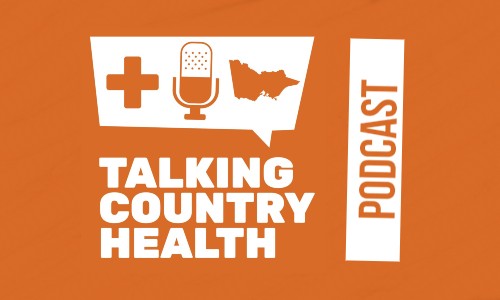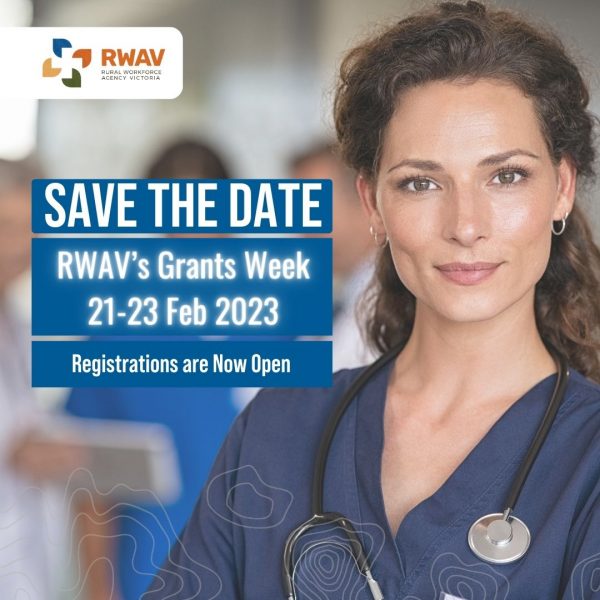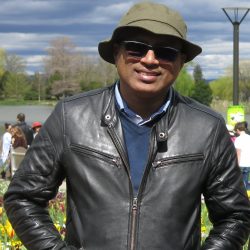 Dr Mohamed Rasheed was born in the Maldives and did his undergraduate studies in Egypt. Uniquely, he speaks fluent Maldivian (Dhivehi), Arabic and English. He moved to Australia for his Master’s Degree in Internal Medicine (MMed) at Melbourne University in 2003 and has lived in Australia for the past 14 years. Dr Rasheed lives in the northern suburbs of Melbourne with his wife and three children.
Dr Mohamed Rasheed was born in the Maldives and did his undergraduate studies in Egypt. Uniquely, he speaks fluent Maldivian (Dhivehi), Arabic and English. He moved to Australia for his Master’s Degree in Internal Medicine (MMed) at Melbourne University in 2003 and has lived in Australia for the past 14 years. Dr Rasheed lives in the northern suburbs of Melbourne with his wife and three children.
Having gained his clinical experience in-hospital at both Melbourne and Western Health he embarked on a journey to general practice five years ago. Dr Rasheed currently practises at the Valley Primary Health Centre at Yarra Glen. He has gained full registration with AHPRA and received RACGP Fellowship.
Dr Rasheed says “GP fellowship required another set of experience and knowledge and was different from previous in-hospital skills.” Dr Rasheed passed both AKT and OSCE in his first attempt. However, he says he “did struggle with KFP exam. KFP is all about the Key Features of any given clinical scenario. It’s not pure medical book knowledge, and it is not clinical performance skills either but a combination of both.” It is claimed that KFP is “the most feared exam of GP Fellowship” (Australian Doctor; 12th April 2016). “For International Medical Graduates (IMGs) it could be even tougher” adds Dr Rasheed.
His advice to rural doctors pursuing their Fellowship is to “focus on the KFP exam as clinical reasoning is a skill you have to obtain over time.” Since the exam is testing you only in an Australian setting, the best way to prepare for this exam is not to only read but practice it”. He found excellent medical podcast topics on clinical reasoning on “IM Reasoning” and “Drive Time Radio” which guided him on techniques of clinical thinking. He advises that each time you “write the clinical notes at your clinic, try to write them just the same way you are going to answer the KFP.” Another tip he shares is, at the end of a busy day, “just identify 4 or 5 cases from your 20 or 30 patients you saw that day. Just read or think about them, in view of the RACGP guidelines.”
Dr Rasheed finds the most rewarding aspect of rural healthcare is that it is a “pleasure to be able to help families when they need you most. You create “a genuine relationship with families” he says and “you can see how much they trust you and it is so rewarding.”
“I do appreciate RWAV’s continuous relationship and they take time to visit us at our own work place. I genuinely felt their ongoing support and encouragement” says Dr Rasheed appreciative of RWAV’s ongoing support. Dr Rasheed plans to be involved in the academic side of medicine in the future, while continuing clinical practice.
